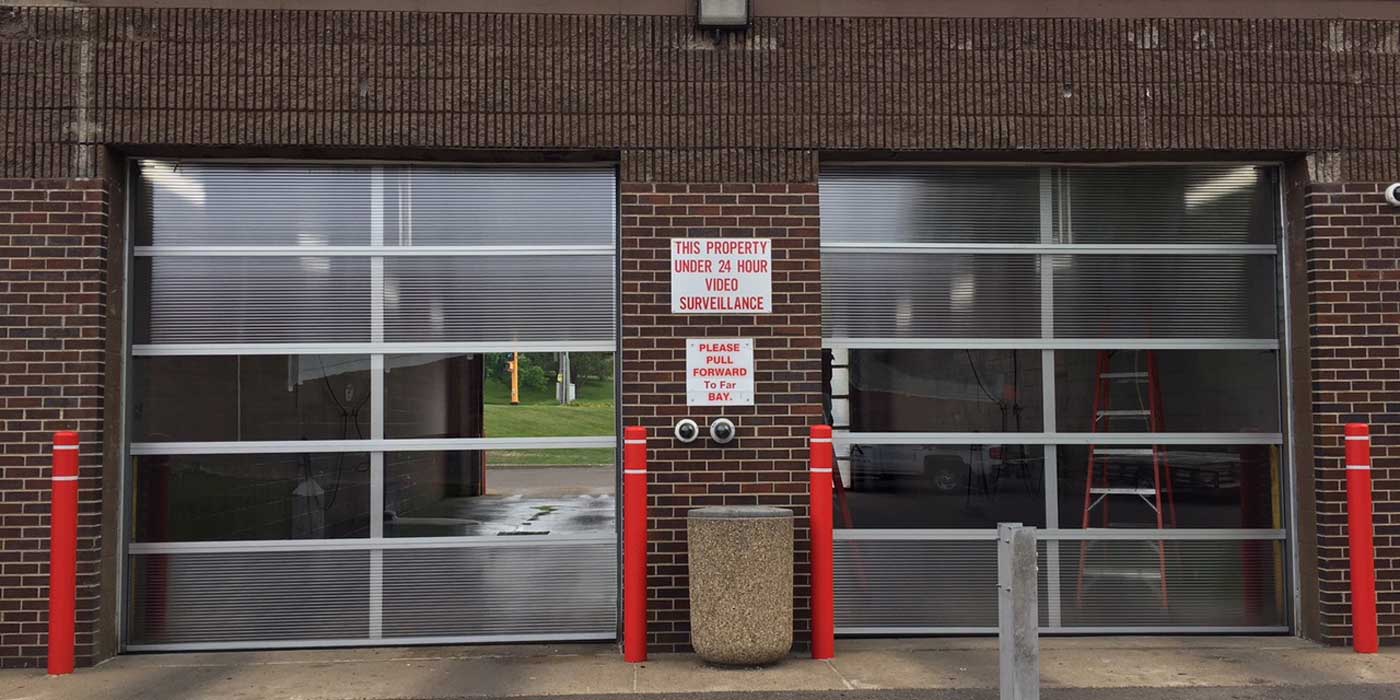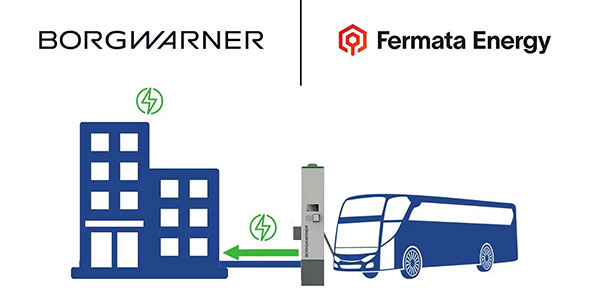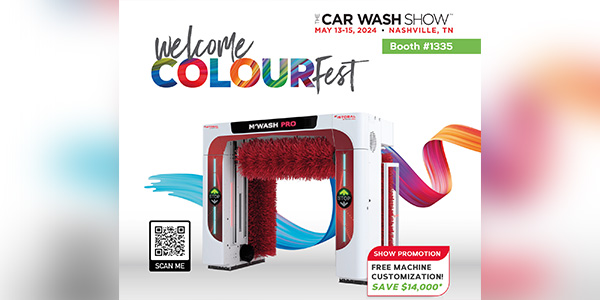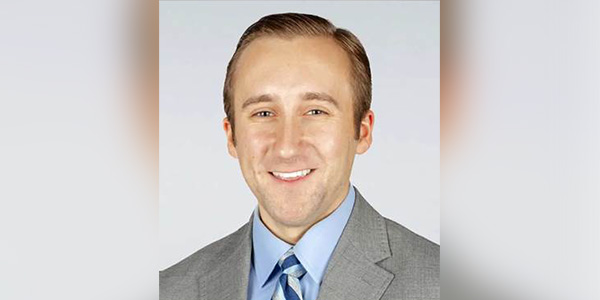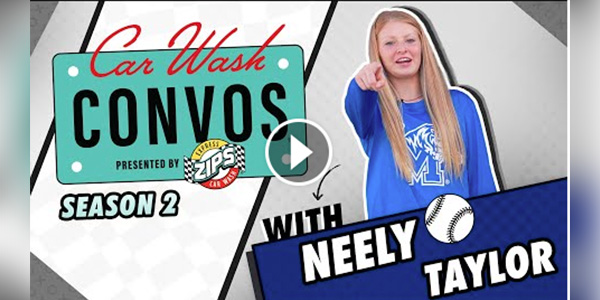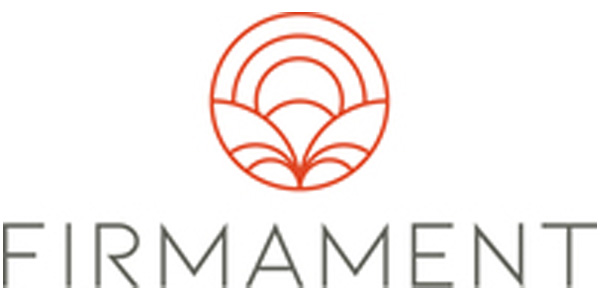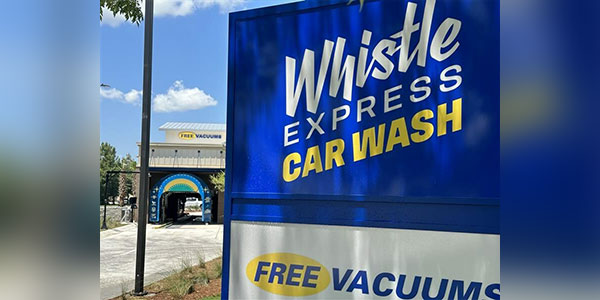In 2010 President Barack Obama signed the Patient Protection and Affordable Care Act into law, colloquially known as ‘Obama Care,’ into law. Many have called this landmark legislation the most far-reaching public policy overhaul since the Social Security Act of 1935.
Despite all of the news coverage surrounding this, often controversial, new law many business owners are not entirely sure what the Affordable Care Act will mean to them when the regulations take effect Jan 1, 2014.
What it is
For starters, according to Healthcare.gov, the Affordable Care Act does include an insurance mandate for all employers. The law specifically defines full-time employee in an effort to prevent companies from skirting the mandate by hiring a workforce of part-timers. The law defines a full time employee is one who works 120 hours a month, or 30 hours a week. This includes multiple part-time employees who work a combined 120 hours per month. So, for example, if you employ 60 part-timers you will still meet the 30 full-timer threshold.
Also, if you think you can just cut your employee hours when the calendar flips to avoid crossing the threshold – think again. The calculations are based on the 2013 calendar year.
An employer meeting these thresholds who fails to offer their employees affordable health care will face a monthly penalty with a bit of complicated math involved.
Let’s say you choose not offer an affordable plan to your employees or you pay less than 60 percent of the premium cost (if you have more than 50 employees). You will be subject to one of two penalties (whichever is less):
1/12 x $2,000 x (number of full-time employees – 30)
or
1/12 x $3,000 x (number of full-time employees who receive credits for Exchange coverage)
Employees who receive credits for exchange coverage are employees who are offered insurance by their employer but seek and obtain better coverage through the SHOP program. So if there are five employees in your company who get coverage via the Exchange the second equation would look like this:
1/12 x $3,000 x (5).
It’s not entirely as simple as offering health care coverage either. You must offer “affordable” and “minimal essential” coverage — which is how you avoid paying one of the penalties.
What it means to you
What is the letter of the law regarding what is considered affordable? Generally speaking an employer could not offer insurance which would force the employee to pay 9.5 percent of their gross household income on healthcare costs. What that means is if the co-pays are high, if an employee has a major health crisis or any other service runs the cost of care over the 9.5 percent threshold the company can be fined for not providing “affordable” coverage.
This seems as though it will be difficult for the federal government to enforce. How are they to know what an individual paid in healthcare costs? In my research for this article I could find nothing requiring individuals to report the cost of care to the IRS, nor could I find anything requiring employees to report to those costs which cross the 9.5 percent threshold to their employer.
Defining minimun essential coverage
So what, exactly, is “minimum essential coverage?” Again, according to Healthcare.gov, “Essential health benefits must include items and services within at least the following 10 categories: ambulatory patient services; emergency services; hospitalization; maternity and newborn care; mental health and substance use disorder services, including behavioral health treatment; prescription drugs; rehabilitative and habilitative services and devices; laboratory services; preventive and wellness services and chronic disease management; and pediatric services, including oral and vision care.”
What that means is an employer could face penalties if the plans they offer fail to include those specific services in their chosen healthcare plans.
So now that we have determined what the penalties will be if you are required to, and fail to, offer coverage, how might the Affordable Care Act benefit your business?
As it relates to small businesses, United States government reports indicate that small businesses generally pay 18 percent more than their big business counterparts for employee insurance. The Affordable Care Act will bridge that gap and offer tax credits to small businesses.
Using the Small Business Health Options Program (SHOP) employers with less than 100 employees will have options that meet the government requirements. Because the Government expects most employers will be buying from this marketplace, the United States Congressional Budget Office says premium costs for small businesses will drop 4 percent due to the competitive nature of the program. SHOP will be launched by Oct 1.
By 2017 some states will open up SHOP to businesses with 100-plus employees. It is so far unclear as to what those states will be.
If you have less than 25 employees
Small employers, those with less than 25 full-time employees, where the employees make up to $50,000 annually, are eligible for a two-year tax credit of 50 percent of the premium cost dependent on how much of the premium the employer pays.
The maximum tax credit would be available to employers with less than 10 full-time employees who make less than $25,000 per year. In order to receive the maximum credit the employer must contribute 50 percent of total premium cost. The employer would be eligible for the maximum credit even if they were to receive state health care credits. In order to receive the tax credits you must fill out an IRS Form 891.
Another much discussed element of the Affordable Healthcare Act is the .9 percent Medicare increase. Unless your company makes over $250,000 in taxable income you will be exempt from this nominal increase. And yes, you will be charged $63 per year (called a pre-existing condition fee) beginning in 2014. However that fee will be phased out by 2017 and likely passed on to employees.
If you have more than 200 employees
What about you bigger businesses, defined by the law as employing more than 200 employees?
Your best bet is to simply follow the rules and avoid penalty. What you should know is that you must offer health care to a new employee upon hire – no grace times. And an employee must sign a form opting out of the coverage, because they are either insured through their parents or spouse, to avoid penalty.
For those of you self-employed folks, the Affordable Care Act will offer you a tax credit for a percentage of your premium payment for you and your family.



